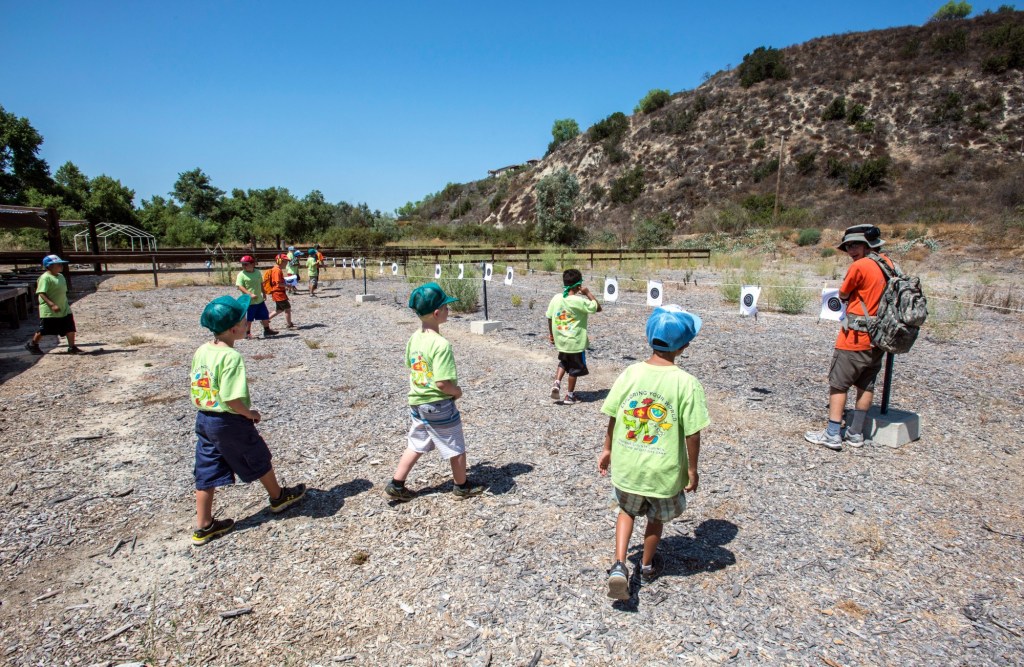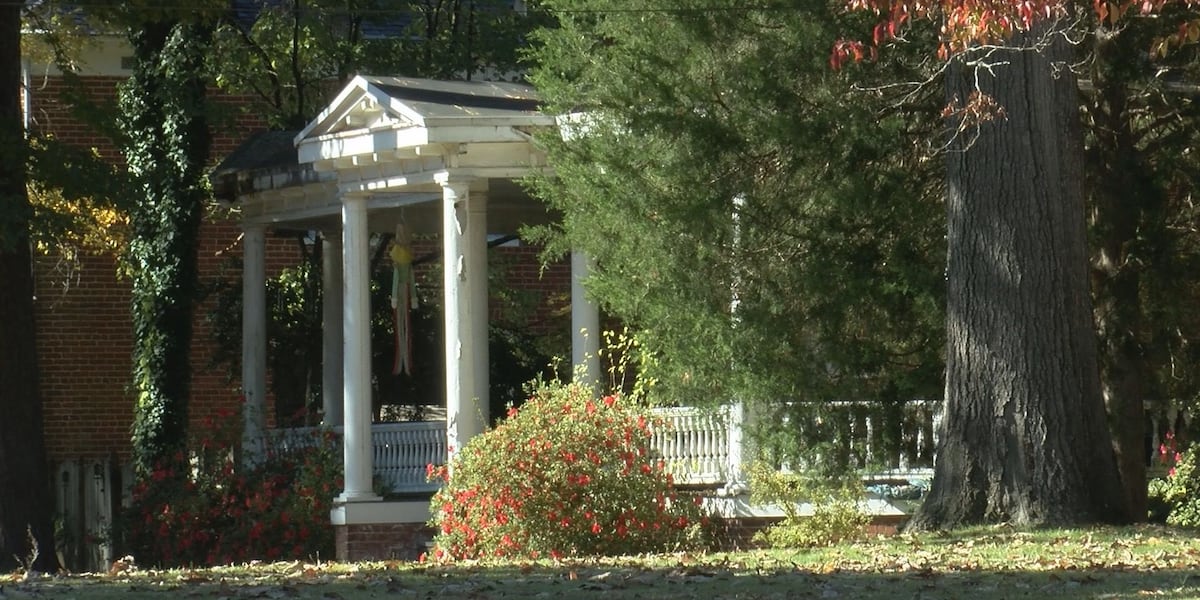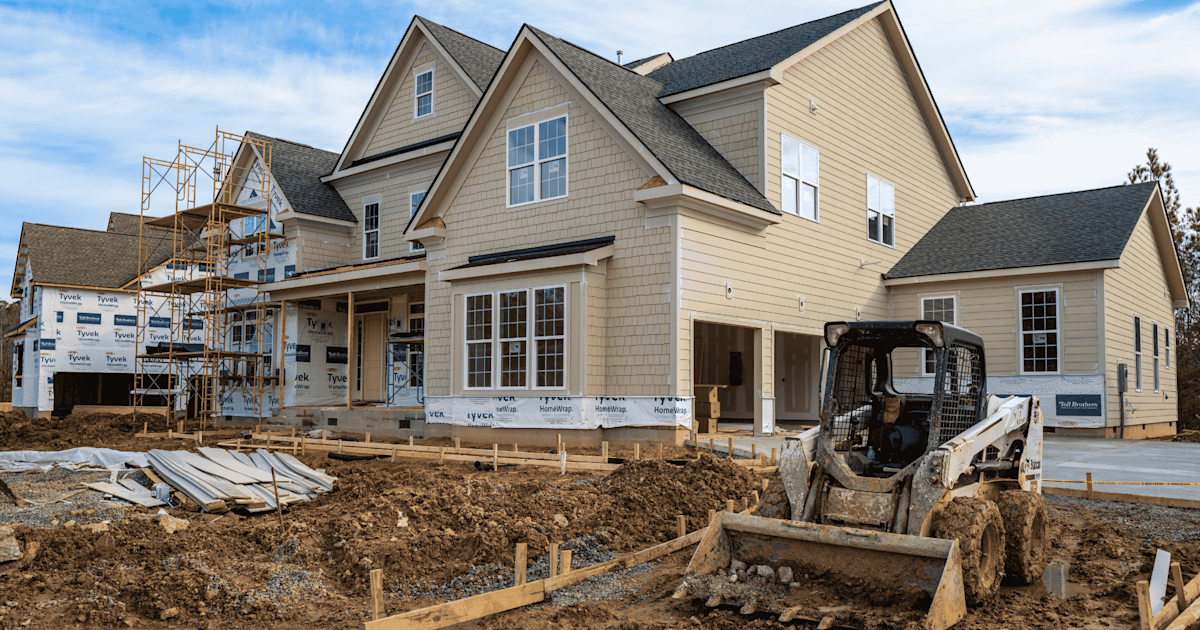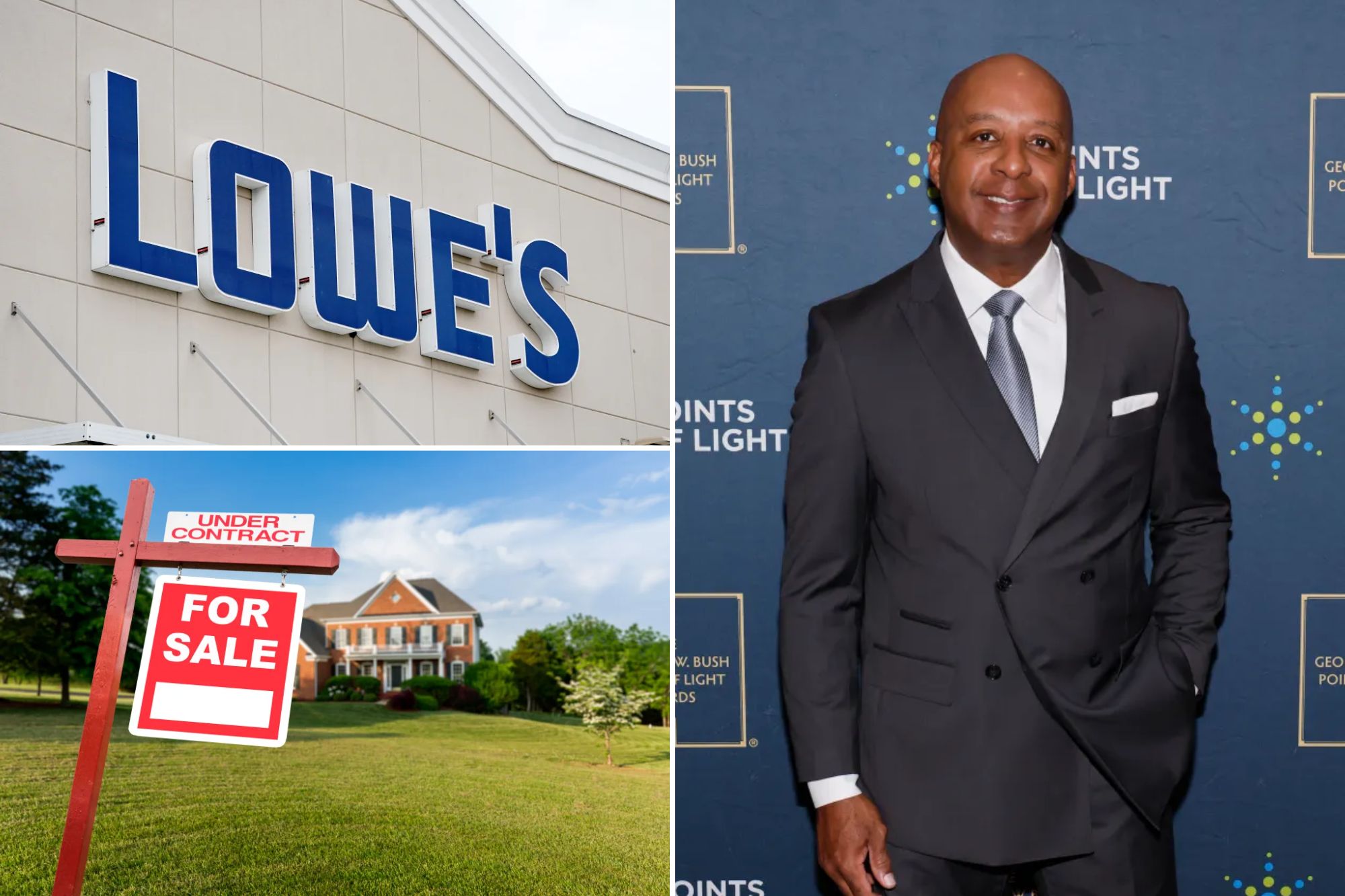M
y grandson is now a Cub Scout, and his mother—our daughter—has taken on the role of outdoor activities manager for the den. She invited me to join a weekend camping trip to Oso Lake with her and the kids. Although I hadn’t slept on the ground in two decades, the adventure sounded appealing, so I accepted.
Oso Lake’s past life was as a private bass‑fishing haven. Around 2008, the Boy Scouts leased the property, and it has since been transformed into an overnight campground for Scouting of America. The shift from a niche recreational spot to a bustling youth camp illustrates a key concept in commercial real estate: adaptive reuse and repositioning.
When I arrived, my mind was already on how a former fishing lake could become a valuable community asset. In Southern California, repurposing old office parks into multifamily housing or converting aerospace campuses into warehouses is common. The physical footprint stays, but the function—and thus the value driver—changes entirely. Oso Lake shows that even a site with a strong legacy can thrive by serving a new demographic.
Zoning and entitlement also played a role. We had to follow strict rules about where to pitch tents, park cars, and build fires—no unauthorized campfires, only the designated pit. In development, a vision for a mixed‑use project can be stymied if the city’s zoning code only allows retail. Just as a Scout leader needs a fire permit, a developer needs proper zoning and approvals to move forward.
The current visitors to Oso Lake are families, Cub Scouts, and school groups, not just bass‑fishing enthusiasts. The Scouting program recognized that families seek structured, safe, and accessible outdoor experiences and tailored the campground accordingly. Similarly, developers must understand their target tenants: e‑commerce logistics for industrial parks, amenity‑rich spaces for Class A offices, or family‑friendly amenities for residential projects. Meeting the evolving needs of occupants is essential.
The trip reminded me that success—whether in the woods or in a boardroom—depends on three fundamentals: adaptability, compliance with rules, and audience awareness. After the camp, I’ll check whether my grandson left any trash behind—a lesson in stewardship worth its own column.
Allen C. Buchanan, SIOR, Principal, Lee & Associates Commercial Real Estate Services, Orange.
Email: abuchanan@lee‑associates.com | Phone: 714‑564‑7104















